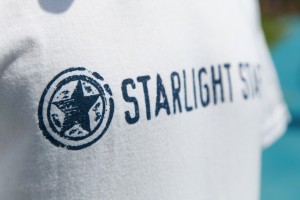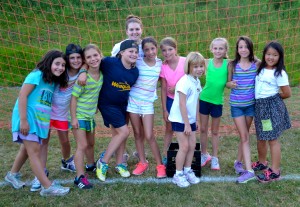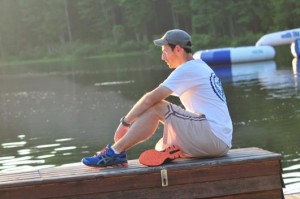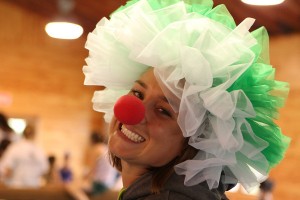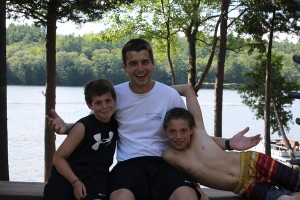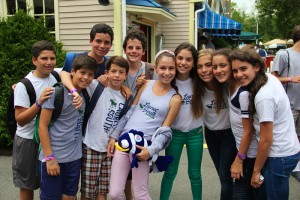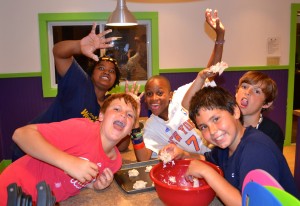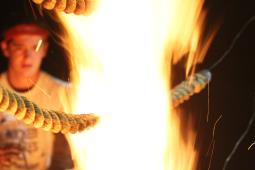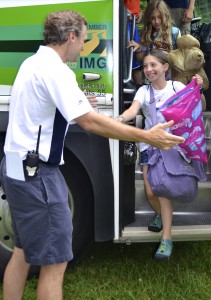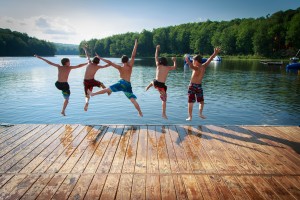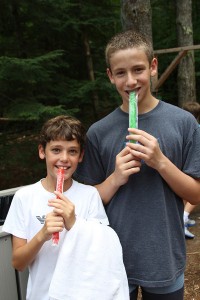If ever anyone could ever spell out why camp why camp is awesome, it is Camp Weequahic camper Jenna H., this week’s guest blogger.
 18439 is the zip code that has become my second home for five summers. Starting at the age of six, I learned many core virtues at Camp Weequahic in Pennsylvania. Summer camp has absolutely changed my life.
18439 is the zip code that has become my second home for five summers. Starting at the age of six, I learned many core virtues at Camp Weequahic in Pennsylvania. Summer camp has absolutely changed my life.
Living and sleeping in a cabin with different girls and no parents involves plenty of responsibility. Everyone has to clean their bunk and the bathroom everyday with only a little help from the counselors. Also, each camper has to create his or her own schedule of fun activities planned. In addition, I have to be accountable for brushing my teeth and folding my laundry. Responsibility is important, but cooperation is also a big part of the camp experience.
involves plenty of responsibility. Everyone has to clean their bunk and the bathroom everyday with only a little help from the counselors. Also, each camper has to create his or her own schedule of fun activities planned. In addition, I have to be accountable for brushing my teeth and folding my laundry. Responsibility is important, but cooperation is also a big part of the camp experience.
 At sleep away camp, cooperation is used everyday no matter what. All campers must cooperate completely during their activities by including everyone. By cooperating with my fellow bunk members, we can accomplish chores and activities more quickly than doing it all alone. In competitions, different teams have to cooperate in order to win. When the entire camp breaks into different tribes, girls and boys work together creating songs, competing in relays, and answering trivia questions. At times, I can be a strong leader in my bunk or for my tribe.
At sleep away camp, cooperation is used everyday no matter what. All campers must cooperate completely during their activities by including everyone. By cooperating with my fellow bunk members, we can accomplish chores and activities more quickly than doing it all alone. In competitions, different teams have to cooperate in order to win. When the entire camp breaks into different tribes, girls and boys work together creating songs, competing in relays, and answering trivia questions. At times, I can be a strong leader in my bunk or for my tribe.
Finally, I have gained independence every year I have been at this camp. Living 3,000 miles away from home allows me to take care of myself and be independent. I am in charge of serving others and myself food. I try new things like cooking, sewing, tubing, and kickball. I have created friendships with people from all over the world and have stayed in touch with them.
Living 3,000 miles away from home allows me to take care of myself and be independent. I am in charge of serving others and myself food. I try new things like cooking, sewing, tubing, and kickball. I have created friendships with people from all over the world and have stayed in touch with them.
Arriving at camp is the best experience of the whole year. I am away from my parents but at least I still have my bother there with me. I learn many things and make many new friends. All of this creates a remarkable summer experience!
–Jenna H.
The preceding blog was originally published to the Camp Weequahic website on December 19, 2013.

 570-798-9831
570-798-9831




 STEM
STEM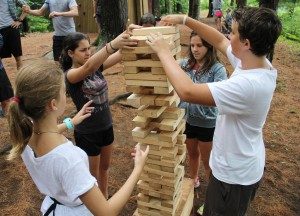 これは完全に、あなたが快適に参加できる環境です。すべてのキャンパーは、夏に少なくとも一度は
これは完全に、あなたが快適に参加できる環境です。すべてのキャンパーは、夏に少なくとも一度は 第三に、これは健康的な活動のミックスです。学生が
第三に、これは健康的な活動のミックスです。学生が